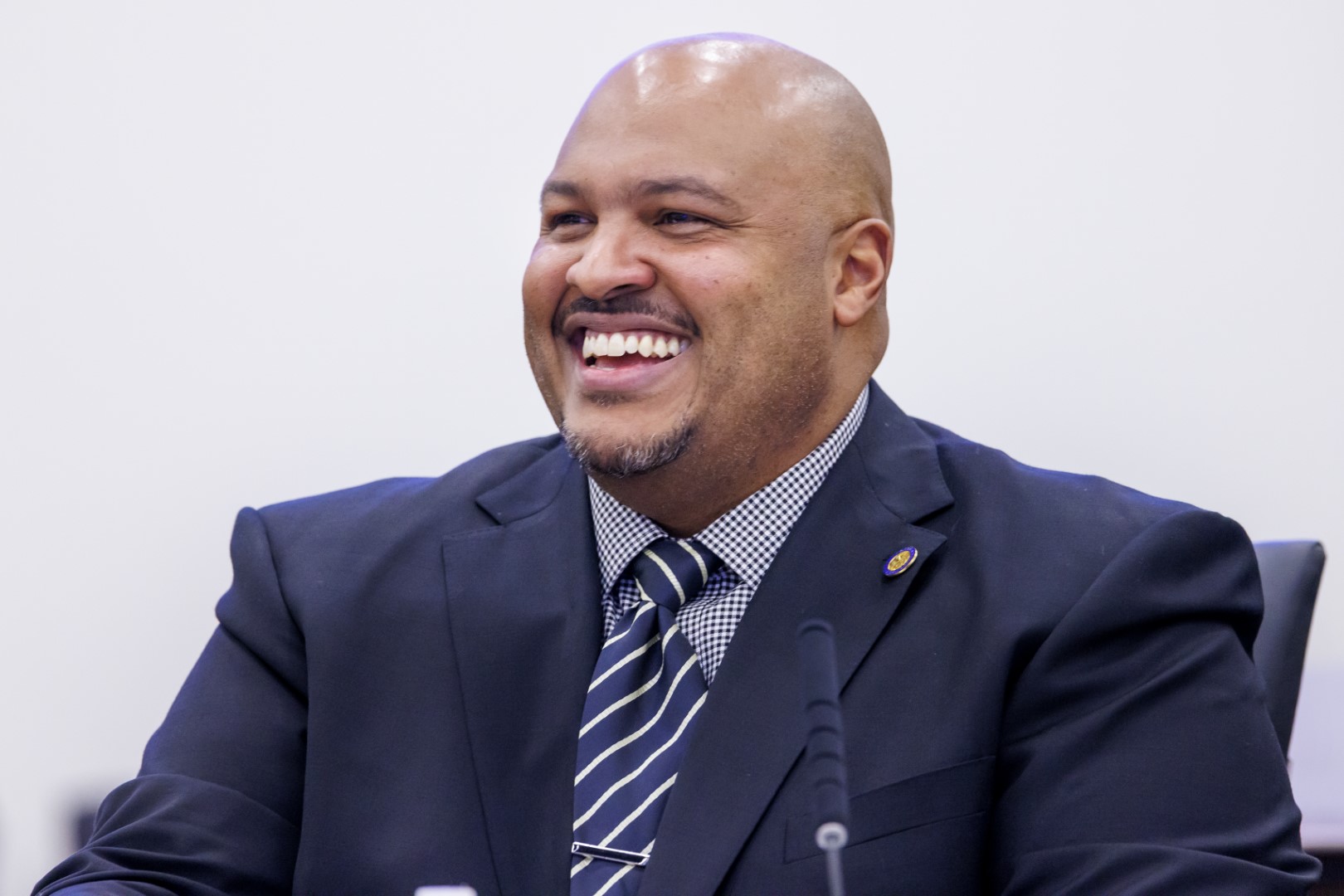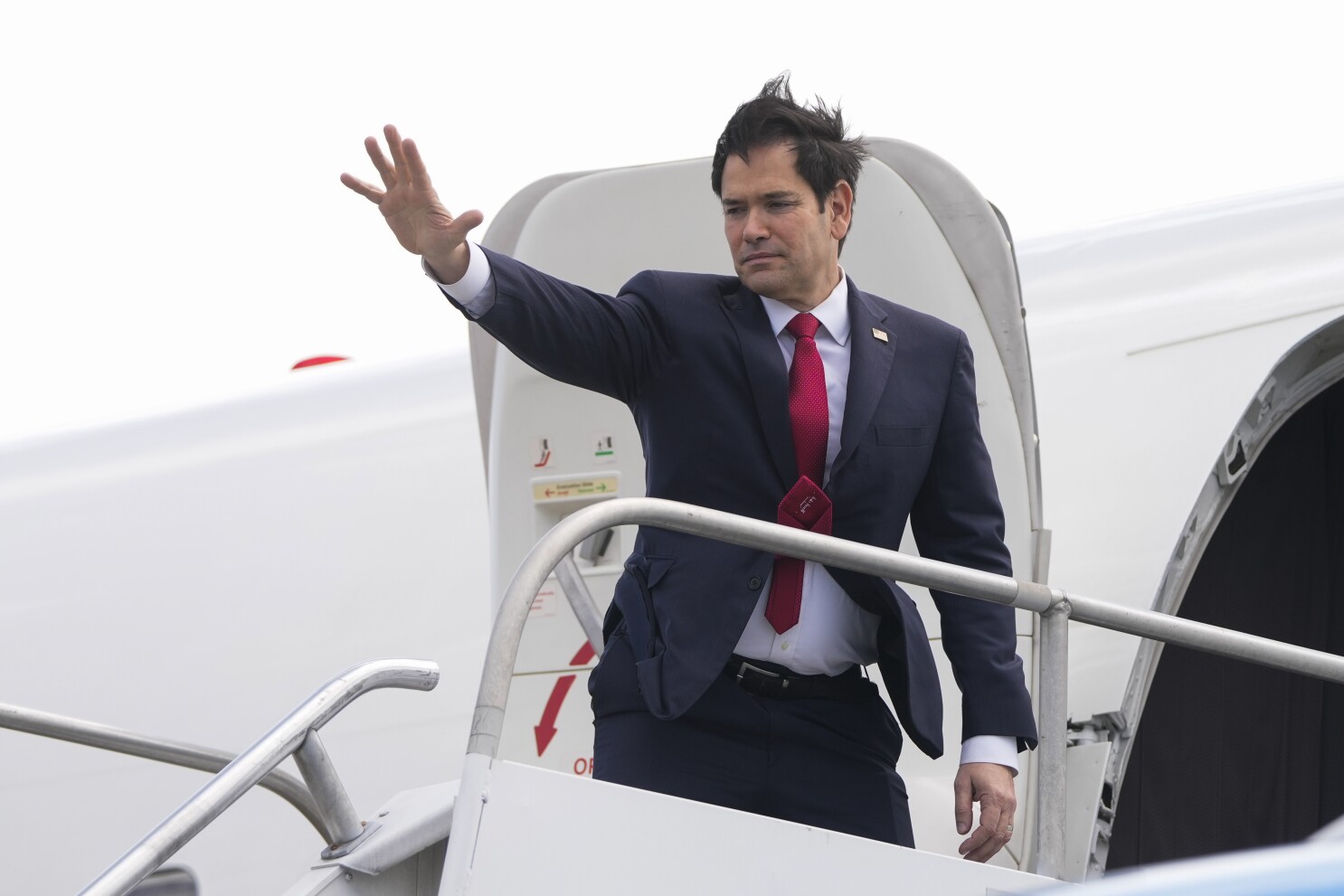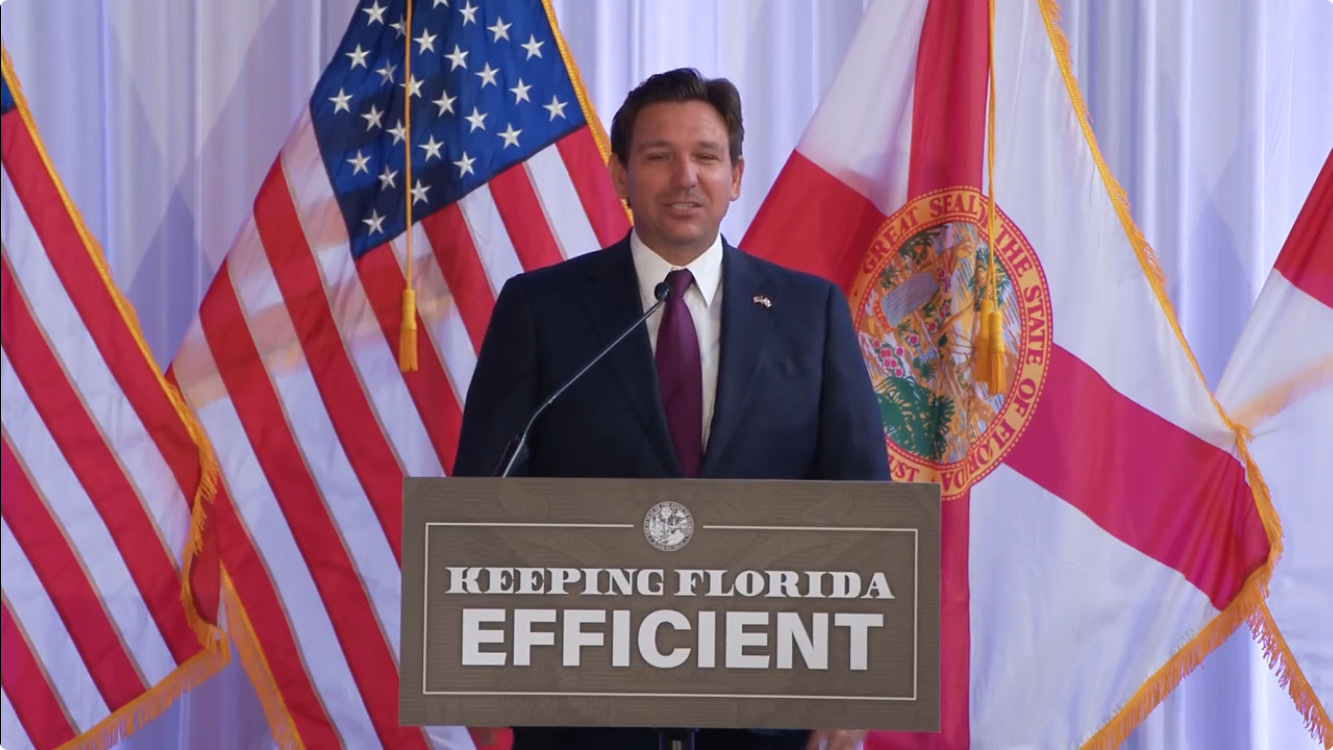A new bill would foster opportunities for infrastructure improvements, education, and health care enhancements for rural communities across the Sunshine State.
Tallahassee Republican Sen. Corey Simon filed the bill (SB 110), which is a comprehensive package of legislative proposals designed to bring a “modern-day renaissance” to rural communities across Florida.
The bill would expand education opportunities, increase health care services, modernize commerce, and invest in farm-to-market roads to help support the agricultural supply chain that feeds Florida’s communities.
Simon, who represents 12 rural counties across the Panhandle and the Big Bend, noted that his rural renaissance legislation contains critical investments for 31 of Florida’s 67 counties.
“Modern Florida is the envy of the nation, and we won’t leave our rural communities behind. Our small communities are strong, proud, and resilient. When disaster strikes, as it has so often in recent years, they band together, neighbor helping neighbor,” Simon said. “Our rural renaissance legislation contains critical enhancements and investments to support 31 of our 67 counties and hundreds of rural communities across Florida.”
“We are combining enhancements to the traditional infrastructure for schools and hospitals with innovations that expand and strengthen access. We know commerce and capital are attracted to strong transportation infrastructure and robust public services, which will provide the chance for rural communities to prosper and grow as they see fit.”
Senate President Ben Albritton, a sixth-generation Floridian and fourth-generation citrus grower, said the legislation would create many education and employment opportunities for those living in Florida’s rural areas.
“Florida’s legacy rural communities offer a time-honored way of life worth preserving in modern Florida. Our rural communities are full of opportunity, but that doesn’t mean traditional development,” Albritton said. “We can create a rural renaissance by (modernizing) some of our long-standing economic development programs with a focus on infrastructure, not incentives.
“Expansions to our broadband infrastructure will drastically expand opportunities for education, commerce, and health care in rural Florida and place big city employment options at the fingertips of our rural residents,” Albritton added. “Meanwhile, improvements to our farm-to-market roads will serve legacy farm and citrus operations essential to keeping fresh food within reach of Florida families. We have seen tremendous economic growth in urban areas of Florida; it’s Rural Florida’s turn.”
The bill would modernize support for fiscally constrained counties (FCC) by updating definitions used in Florida law. It increases the FCC threshold, which was set in 2006, from a county that raises $5 million in property tax revenue to $10 million.
FCCs are estimated to receive a total distribution of $10.4 million in fiscal year 2024-25 from the tax collected on direct-to-home satellite services. This would be increased to at least $50 million per fiscal year while switching from direct-to-home satellite service tax to sales tax.
An FCC with a declining per capita sales tax would receive a larger share of the total distribution. The bill would add spending requirements, which note that 50% of the distribution would be required to be used for public safety, 30% would be required for infrastructure, and the remaining 20% could be used for any public purpose.
The Office of Rural Prosperity at the Department of Commerce (DOC) would be created to provide technical assistance to rural communities. The office would promote and facilitate statewide planning assistance for local governments and serve as a robust resource. Personnel would be permanently assigned to regional rural community liaison centers to help local governments access federal and state grants and resources.
The office would create and maintain the “Rural Resource Directory,” an interactive design tool designed for rural local governments to navigate state and federal grants and resources. The Office of Program Policy Analysis and Government Accountability would review this tool for effectiveness every three years after an annual review for the initial three years. The bill further updates the existing Rural Economic Development Initiative statute and local government strategy.
Gadsden, Hardee, Talyor, Jackson, Calhoun, Liberty, Madison, and Lafayette counties have lost populations over the past 10 years, and to address this, the bill would allocate a $1 million block grant to each county. These counties would be required to develop a plan to use the funds with the ultimate goal of growing the population and would be subject to audit requirements.
A competitive application process would be created for organizations with at least three years of experience bringing innovations to local communities. Local or regional economic development community partners in rural communities could apply for grants to help cover the cost of site preparedness and marketing and training opportunities to further economic development initiatives.
The Small Business Development Center currently funds staff in rural areas to “ride the circuit” of their region and work with local governments and communities to bring services, including access to capital, technical assistance, and other small business services. The bill would allocate $1 million to increase circuit riders and reach more communities through this program.
To provide additional funding to rural communities, the minimum allocation for each county within the State Housing Initiatives Partnership would increase to $1 million.
The United States Department of Agriculture-financed rental properties located in rural areas are reaching the end of their use restrictions and are at risk of turning into market-rate rental housing. To preserve these units as affordable rentals, the bill would appropriate funds for rehabilitation or acquisition for owners who agree to maintain the properties as affordable housing.
The bill increases the recurring appropriation of $5 million to $10 million for the Rural Infrastructure Fund (RIF), with a one-time additional infusion of $40 million. The RIF facilitates planning, preparing, and financing of infrastructure projects in rural communities to encourage job creation and capital investment in rural economies. Rural communities can also use it as a match for other infrastructure funding programs.
The Rural Revolving Loan Program’s recurring funding would increase to $1.4 million, with a one-time additional infusion of $4 million.
Florida is set to receive $1.2 billion in federal funding through the Broadband Equity Access and Deployment Program, in addition to other federal funds allocated to broadband, including $366 million from the federal Capital Project Fund and $400 million pandemic funds appropriated by the Legislature to the Broadband Opportunity Program. The bill would improve coordination and technical assistance between rural communities and the Office of Broadband at the DOC.
The Florida Arterial Road Modernization Program would be created, amending the existing arterial rural highway projects statutes to incorporate funding for roads used primarily as farm-to-market connections between rural agricultural areas and market distribution centers. The bill would create a new distribution specifically for arterial roads from existing documentary stamp revenues by redirecting $30 million from unallocated funds collected through Documentary Stamps to the State Transportation Trust Fund (STTF). With existing funding of $20 million annually, this would result in a $50 million annual investment in arterial roads.
The Small County Road Assistance Program assists small county governments in resurfacing and reconstructing county roads. The bill would redirect a portion of vehicle title fees, which are currently directed to the state’s general revenue fund, to the STTF to increase funding available for the program. The Department of Transportation is currently required to expend $25 million on the program, and this redirect would more than double the state’s investment in these counties.
School districts with 20,000 or fewer students, lab schools, and the Florida School for the Deaf and the Blind could enter cooperative agreements to form a regional consortium service organization. Each regional consortium would receive a grant of $50,000 per school district, which could be used to deliver services within the participating school districts. A consortium Board of Directors, made up of the superintendents of the participating school districts, would determine the services and use of funds. The bill would increase the consortia funding from $50,000 to $150,000.
The bill would create a grant program administered by the three regional consortium service organizations to supplement member needs related to transportation, district finance personnel services, cybersecurity support, school safety, college, career and workforce development, and academic and behavior support within exceptional student education services.
The Rural Incentive for Professional Educators program would be created to help small counties attract and retain instructional personnel and administrators. Participants would receive up to $15,000 in total student loan repayment assistance over five years, disbursed in annual payments not to exceed $3,000 per year.
The bill would create the Stroke, Cardiac, and Obstetric Response and Education Grant Program within the Department of Health to increase access to high-quality stroke, cardiac, and obstetric care through technology applications and innovative training for medical professionals, including EMTs and other first responders.
A new grant program would also be created to help startup physicians and advanced-practice registered nurses’ offices and practices in rural areas.
Approximately $25 million in nonrecurring funds would be allocated to meet the needs of rural hospitals. The funds would cover mobile units to provide primary care services, behavioral health services, or obstetric and gynecologic services in rural areas and telemedicine kiosks to provide urgent care services remotely in rural areas.
The bill would appropriate additional funds to enhance Medicaid payments to reimburse rural hospitals that provide care for the current Medicaid population, similar to Medicare reimbursement.
If passed, the bill would come into effect July 1.
Post Views: 0

 Entertainment8 years ago
Entertainment8 years ago
 Entertainment8 years ago
Entertainment8 years ago
 Politics8 years ago
Politics8 years ago
 Tech8 years ago
Tech8 years ago
 Tech8 years ago
Tech8 years ago
 Tech8 years ago
Tech8 years ago
 Politics8 years ago
Politics8 years ago
 Tech8 years ago
Tech8 years ago











